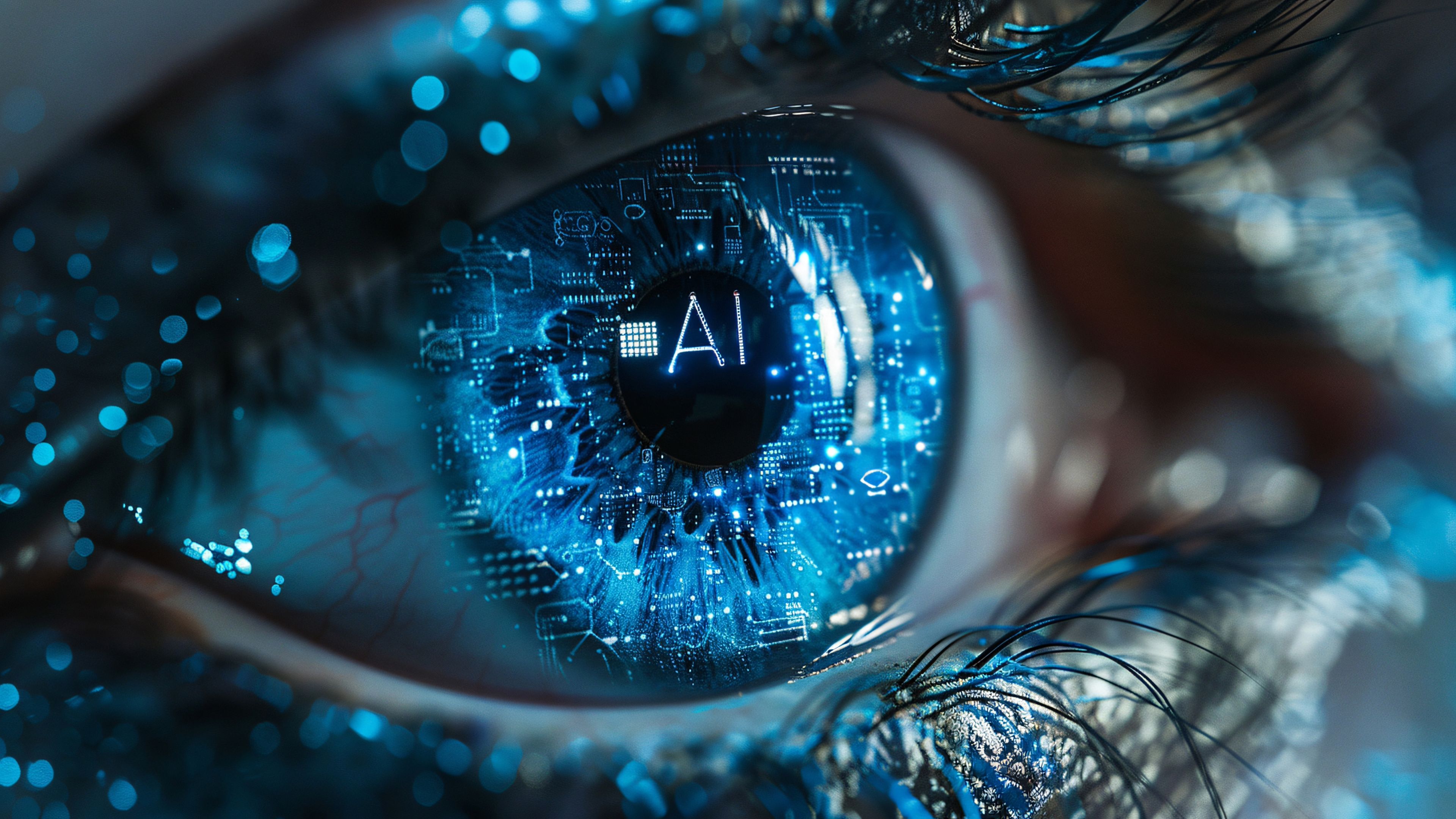A few decades ago, artificial intelligence was a concept explored in science fiction films and novels. The idea of machines that could think, learn, or even feel emotions seemed so distant that it could only exist in the imaginations of writers and film directors.
The reason for this was that The technology at the time was not even remotely close to what was needed to realize these futuristic visions.; Computers were large, expensive and of limited processing power, while algorithms and understanding of how an artificial mind could work were still theories in their infancy.
But now, AI is much more common, although it has been integrated into our lives in a different waymore subtle and practical. It has come to improve productivity and advanced tools like ChatGPT or Gemini are clear examples of this.
The Generative AI And chatbots don’t just answer your questions or help you write emails, they can also generate images, create videos from text, automate administrative tasks, and much more. However, How will AI evolve in the future?
The future of artificial intelligence and how it will affect humanity
What does this technology have in store for us in the coming years? The expert spoke precisely on this topic Jose Luis Cordeiroengineer from MIT and recognized expert in transhumanism and aging delay therapies, in his recent visit to Jordi Wild’s podcast, The Wild Project.
Cordeiro, known for his work on therapies to delay aging, has shared especially revealing information about the singularity in AIa concept that refers to the moment when artificial intelligence surpasses human cognitive capacity.
He revealed that not only is it possible, but it is very likely to occur before 2045. The singularity, as he explained, is that point in the future where technology and AI surpass human intelligence in such a significant way that technological evolution becomes unpredictable and exponential.
It means that Machines will not only be able to perform tasks that we now consider exclusive to humansbut they will also be able to improve their own capabilities autonomously, entering a cycle of self-learning and continuous improvement that would leave us behind in terms of intelligence.

freepik
When this happens, the learning speed of robots will increase exponentially, and humanity will face a new reality in which intelligence will not be limited by biology.
Thus, AI will not be just another toolbut you will become part of an environment in which your understanding, your way of working and relating to the world will completely change.
José Luis Cordeiro mentioned that This progress should not be seen as a threatbut as an opportunity to expand our capabilities. In his vision, the singularity in AI could facilitate a fusion between humans and technology, allowing us to become more intelligent and, potentially, immortal.
Instead of being replaced, we could be enhanced by these technologies, leading us into a new era of evolution where the distinction between the human and the artificial becomes blurred or even irrelevant.
However, the expert also acknowledged that Singularity in AI raises important ethical and social challenges. How do we ensure that superintelligences are used for good? How do we prevent social inequalities from being created based on access to technology?
These are questions that must be addressed as we approach this situation. The conversation with Jordi Wild served precisely to open this debate and raise public awareness about the implications of this future that, according to Cordeiro, It’s closer than we think.
Get to know how we work in ComputerToday.
Tags: Artificial intelligence














Add Comment